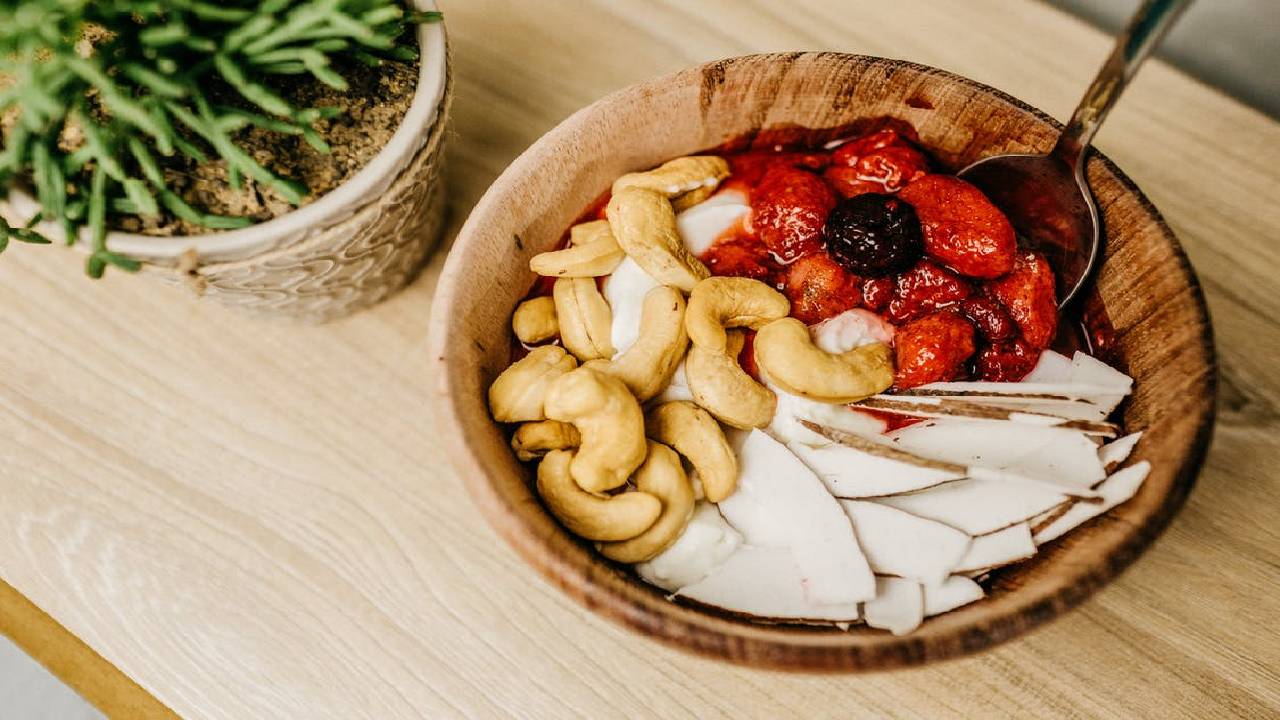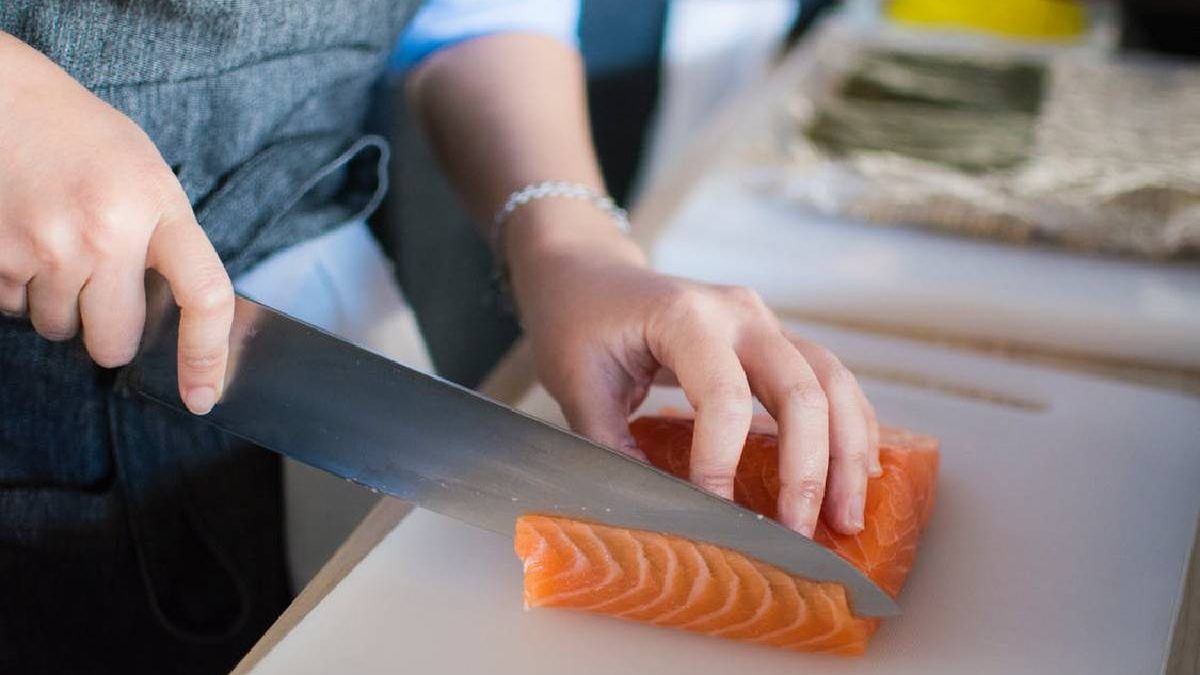Collagen rich foods has become one of the most desired supplements in recent years due to the many benefits it offers the body. From decreased cardiovascular disease to soft and supple skin, collagens offers something for everyone.
If you’re looking for a way to improve your joint and digestive health, as well as support your youth and vitality, here are some collagen rich foods to add to your diet.
Table of Contents
Bone Broth
Collagen is found in the connective tissues and bones of animals, including us. While eating meat does contribute to collagen intake, it doesn’t have the same impact that the trimmings do. However, chewing on bones and ligaments isn’t high on anyone’s priority list.
Bone broth is made by simmering those unpalatable bits in distilled water for an extended period. In many cases, an acid (such as vinegar or lemon juice) is used to help break down the tissues while various herbs can be added for flavor. This is one of the most potent collagen foods, as it’s easy to digest and absorb. Make your own or buy some from a reputable supplier.
Leafy Greens

Everyone should add more leafy greens to their diet: spinach, kale, microgreens, cabbage, beet greens, etc. These superfoods offer tons of vitamins, minerals, and fiber.
Leafy greens also assist with collagen production. While eating a spinach salad won’t introduce more collagen into your body, it will boost the natural production and absorption rate in your bloodstream. Vitamin C, which is prevalent in leafy vegetables, is essential for facilitating collagen production. Furthermore, the antioxidants found in these plants destroy the free radicals that are responsible for breaking down collagen before you can reap its benefits.
Citrus
As previously mentioned, vitamin C plays a crucial role in collagen production. Together with copper and zinc, vitamin C creates an ideal environment for collagen synthesis.
Citrus fruit, such as kiwis and oranges, not only make a great morning snack or a healthy dessert, but they also keep your body functioning as it should. If you use a collagen supplement, wash it down with lemon water for a powerful boost.
Eggs
The egg whites are very high in protein and low in fat and cholesterol, making them a staple for body-builders and nutrition enthusiasts. The proteins in egg whites are glycine and proline, which are the components of collagen.
Eggshells are also high in collagen, making them ideal for affordable supplementation. However, it’s better to buy that supplement from a reputable distributor to reduce the risk of salmonella.
While the yolks don’t have the same collagen-boosting benefits that the other foods listed here have to offer, they’re still worth consuming. Yolks have healthy fats and vitamin D that offer other health benefits.
Wild Salmon
While all organic and wild meat is a leading source of collagen, wild salmon is worth mentioning as a standalone option. Not only does wild salmon offer a high collagen intake, but it’s also filled with Omega-3 fatty acids, which is hard to come by.
Omega-3s assist with cell regeneration and inflammation control. It can help the body’s processes run smoothly so that your body can use the collagen you introduce more efficiently. Alternatively, other fatty fish like mackerel and trout offer similar benefits. It’s important to note that wild fish, rather than farmed, is the key to getting these nutrients.
Nuts and Seeds
As mentioned before, copper and zinc are a part of the trifecta for optimal collagen production in partnership with vitamin C. While citrus can offer a significant dose of Vitamin C. You’ll have to look elsewhere for boosted copper and zinc levels.
Nuts and seeds have plenty of healthy fats, as well as high levels of both copper and zinc. Pumpkin seeds and almonds, in particular, offer a significant dose with each serving.
Eating a diet filled with a diverse array of natural, minimally-processed foods is the best way to boost your intake, as well as your overall health and wellness.

